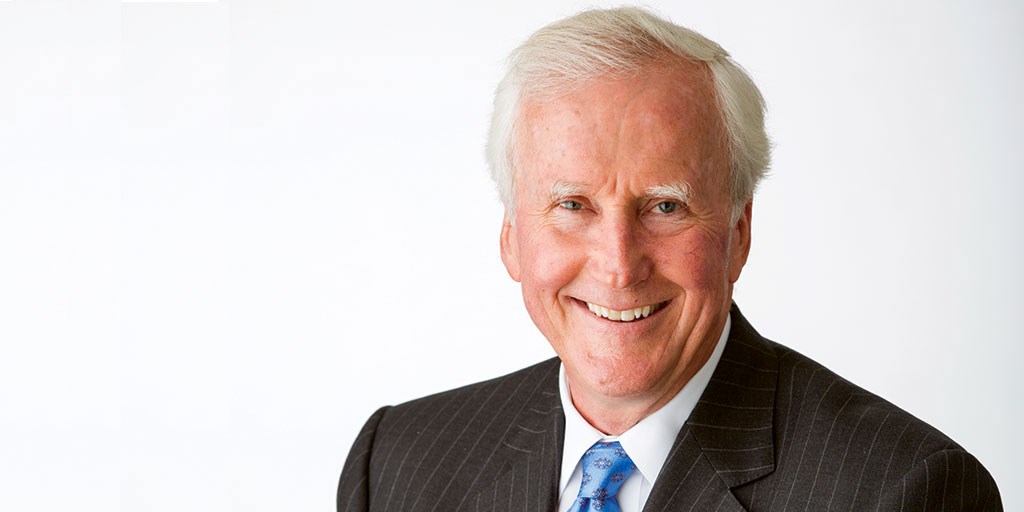Chip McClure gives a lot of credit to auto racing pioneer Roger Penske for shaping his approach to dealmaking.
“I know it’s a fairly well-used phrase, but in his case, he really does want to make sure that both sides come out ahead in whatever kind of deal is being done,” says McClure, managing partner at Michigan Capital Advisors.
“One of his mantras is, ‘Spend less time worrying about making the right decision and spend more time making the decision right.’ That’s just a good way to operate.”
McClure has more than 35 years of experience in the transportation industry. In 2007, he was named “Legend CEO” by Automation Alley, a business technology consortium in Southeastern Michigan. McClure has found success through M&A by never losing sight of the people involved in the deal.
“It’s making sure that you understand the relationship and, quite frankly, the culture of the company you’re looking to invest in, acquire or merge with,” he says. “Spend as much time doing that as worrying about the specifics of the legal structure or the capital structure of the company.”
In this Dealmaker Q&A, we spoke with McClure about his philosophy on dealmaking and how the Southeastern Michigan M&A market has adapted with technology.
How important is discipline in dealmaking?
You have to be disciplined. Have we seen a lot of deals that could be attractive in other areas? Yes. We try to stay very disciplined in two areas. One is to be very specific as to where we can create value. If we can’t create value, then we shouldn’t do it.
The other thing we do is take the time to make sure we’re doing this value creation over the proper time period. Some of that is just spending time with potential companies we may want to invest in so they get to know us and we get to know them before we even do anything.
At the end of the day, it all comes back to discipline, either discipline on where we can stay focused and provide value, or to have the discipline to know when we’re outside our swim lanes and not get involved in that.
Why does dealmaking matter to a region’s economic competitiveness?
When you know what’s going on and you’re paying attention to dealmaking, it will show you where there are lots of different nuggets or core competencies in the market. There’s no question as we talk about the dealmaking here in Southeastern Michigan that mobility is front and center. It’s one of our core competencies. But it’s important to know what else is out there and being developed. When you broaden your scope and you examine how deals are getting done with other technologies, it has the potential to make what you’re investing in better, as well as open the door to other opportunities.
A couple of our companies have moved into quick-service restaurants and are looking at machining that is not only environmentally friendly but economically viable. It’s having that ability to broaden your view and look beyond your realm to see what’s out there. Dealmaking is an important part of that process.
How is the Detroit market changing?
As I look at the market here in Detroit, we’re totally reinventing ourselves through the sharing of experiences and of best practices and having an ecosystem that people can tap into. They can see and learn what others have done, both those who have succeeded and failed, quite frankly.
It’s really that commitment to making this a geographic area with an ecosystem that can generate dealmaking activity that I’m excited about. I spent a lot of time on the public company side, but I’m seeing it now through the eyes of private companies and smaller venture capital and startup companies. It’s really exciting to see how various entities, both big and small, are supporting that ecosystem.




